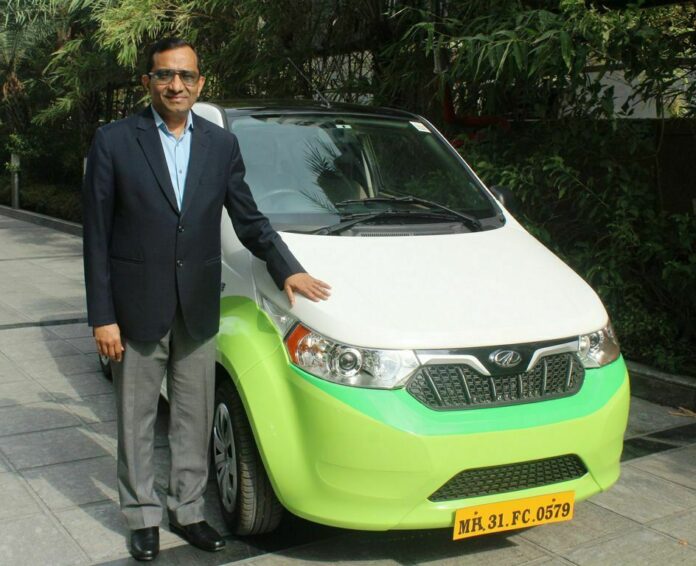Ola Electric Fleet in Nagpur was a high profile event as government is making serious effort for electrification and wants to reduce carbon footprint
Nagpur leads India’s electric mobility revolution powered by Ola&Mahindra, Devendra Fadnavis, Hon’ble Chief Minister, Government of Maharashtra and Nitin Gadkari, Hon’ble Minister of Road Transport, Highways & Shipping, Government of India inaugurate India’s first Multi Modal Electric Vehicle Project & Ola Electric Charging Station.
Ola and Mahindra have partnered with the Government of India in a first-of-its-kind programme to build an electric mass mobility ecosystem in Nagpur which will bring about a transformational change that the government is looking at. Government of India inaugurated India’s first multi-modal electric vehicle project at the Nagpur Airport Complex today.
This unique project will bring vehicles across different segments, including e-buses, e-cabs, e-rickshaws and e-autos together on a single platform, the Ola app, enabling citizens of Nagpur to book these vehicles for their transportation needs.
This pilot project will begin with a 200-strong fleet, including 100 of Mahindra’s new e2o Plus vehicles. The rest of the fleet will consist of vehicles sources from other OEMs including Tata Motors, Kinetic, BYD, TVS amongst others.
This was followed by the unveiling of Ola’s electric charging station as well. Something situated within the airport complex. This unique installation is the first of its kind and will power the fleet. Ola has already invested upward of INR 50 cr towards EVs and charging infrastructure, starting with 50+ charging points across 4 strategic locations in the city of Nagpur.
With a clear focus to build a full fledged ecosystem around sustainable mobility, Ola will also invest in training and educating driver partners on maintenance and use of in-car technology along with its key OEM partners like Mahindra.
The state of Maharashtra, in support of this initiative, has waived off VAT, road tax, and registration for all-electric vehicles in the state, and wants to be a role model state for others to emulate in the future.
Large scale adoption of electric vehicles can bring the monumental change that government urgently needs, and in this attempt, government optimistic plans of making the 100% EV nation by 2030 mission has commenced.


